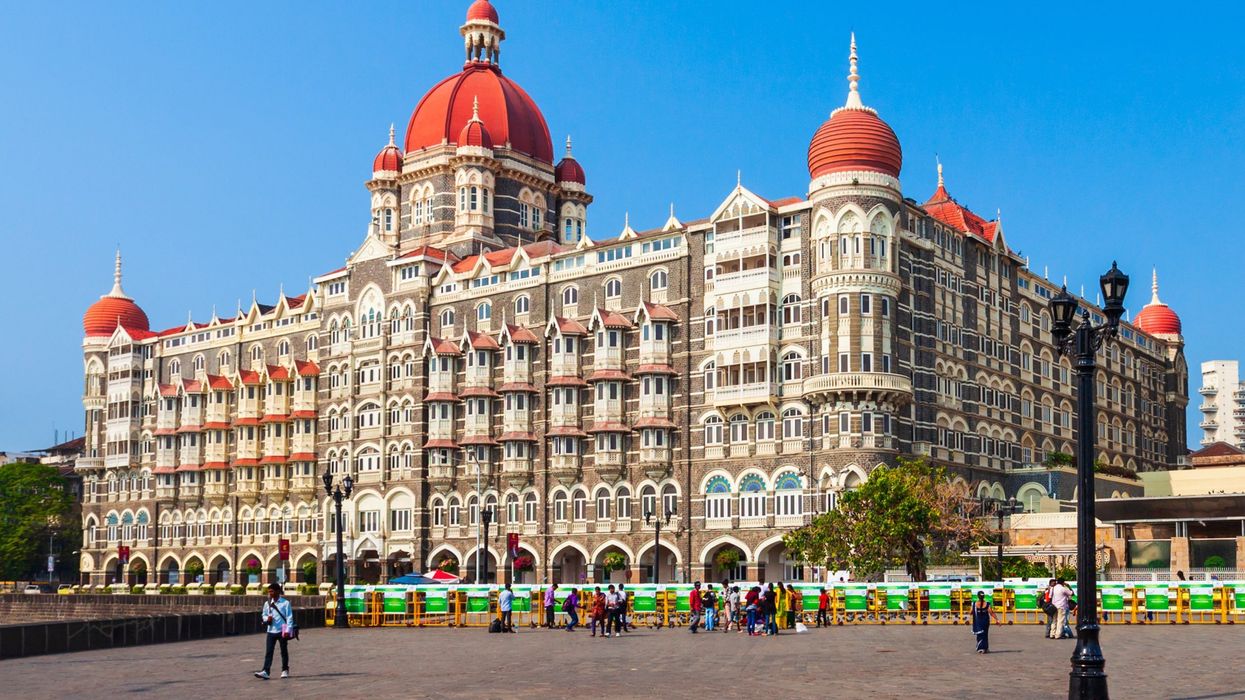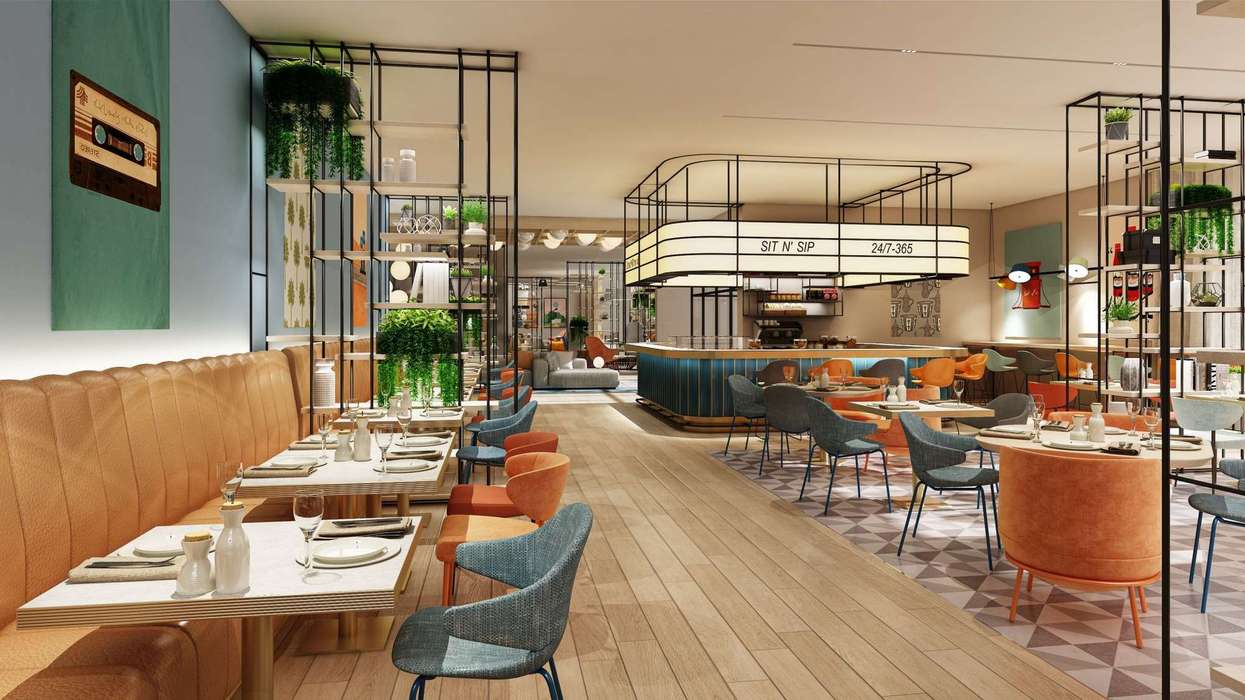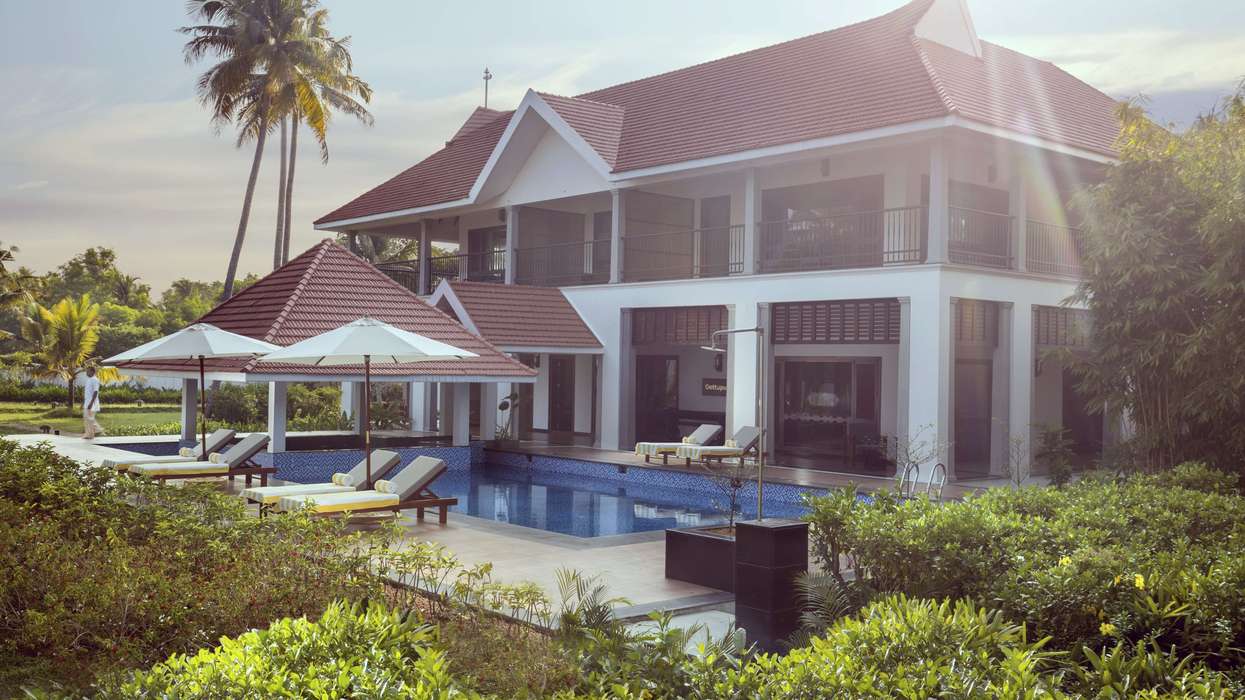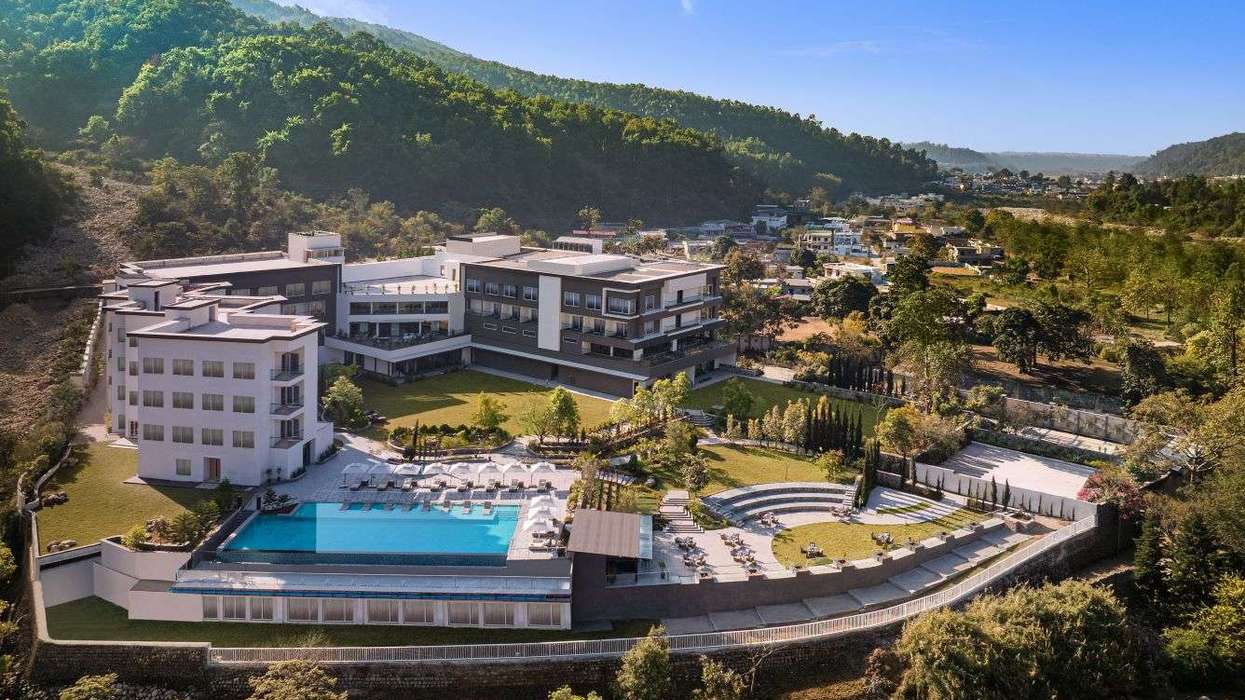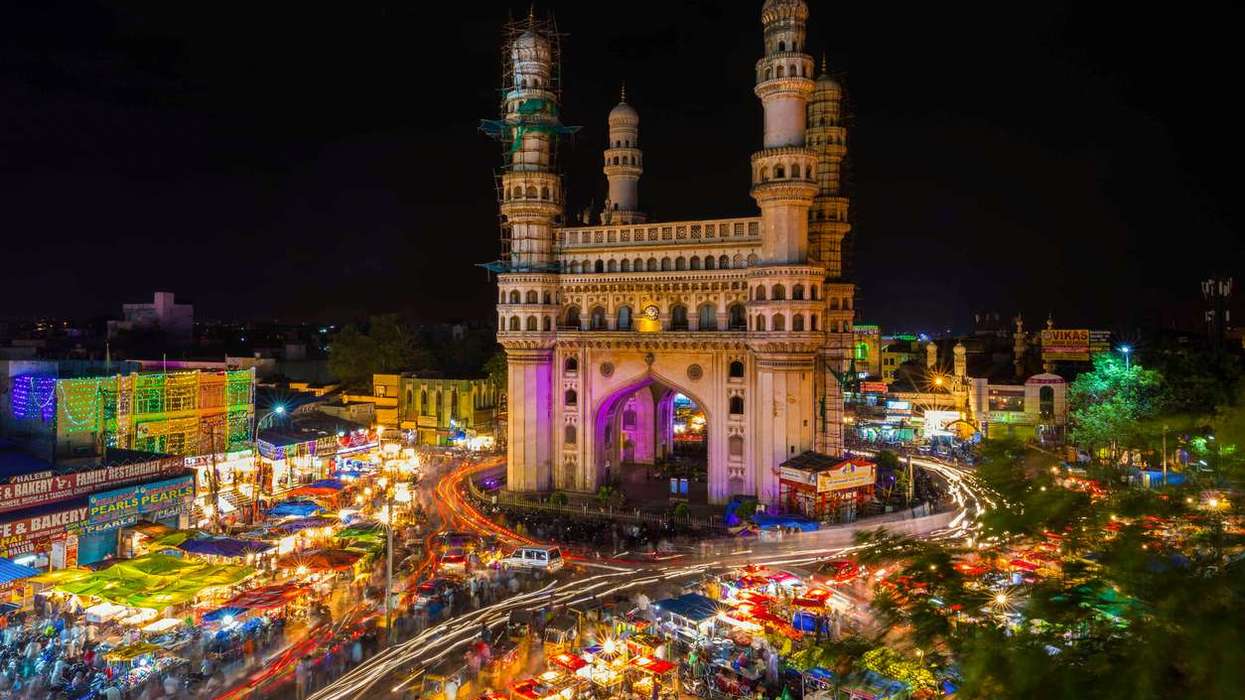INDIAN HOTELS CO. aims to double its portfolio to more than 700 hotels and grow consolidated revenue to $1.8 billion or Rs 15,000 crore by March 2030. This expansion, part of the “Accelerate 2030” strategy, follows 10 profitable quarters, strong cash flows and zero net debt.
Long-term structural tailwinds, including GDP growth, rising disposable income and a shortage of branded hotel rooms, are positive expansion triggers, IHCL said in a statement.
“IHCL has surpassed its guidance by achieving a portfolio of 350 hotels, with more than 200 in operation and delivering 10 consecutive quarters of record financial performance,” said Puneet Chhatwal, IHCL’s MD and CEO. “This strong performance, coupled with a robust balance sheet, positions us well to accelerate our growth. Enabling this vision are long-term structural tailwinds for the sector, including India’s forecasted GDP growth of over 6.5 percent, the government’s continued focus on infrastructure spending, hotel demand outpacing supply, and the rising affluence of the consumer base.”
Growth will come from both organic and inorganic means, with IHCL continuing its asset-light model to expand its footprint, the statement said. Moreover, the company is generating sufficient cash to fuel growth while managing debt.
“IHCL remains committed to realizing India’s tourism potential through ‘Accelerate 2030’—to be the most valued, responsible, and profitable hospitality ecosystem in South Asia,” Chhatwal said. “We will expand our brand portfolio with new launches, tapping the diverse market landscape and taking our portfolio to 700 hotels by 2030. We aim to double our consolidated revenue to $1.8 billion, scale new and reimagined businesses to a 25 percent+ share of revenue, and continue generating industry-leading margins and ROI, all while maintaining our renowned service excellence.”
In January, Chhatwal succeeded retiring ITC executive director Nakul Anand as chairman of the Federation of Associations in Indian Tourism & Hospitality.
IHCL, which operates the Taj brand, aims to generate 75 percent of its revenue from traditional business, with management fees contributing around $120 million or Rs 1,000 crore by fiscal 2030. New businesses, including the budget brand Ginger, luxury homestays, food delivery service, and boutique resorts, are expected to contribute 25 percent of the topline.
Ankur Dalwani, IHCL’s executive vice president and CFO, said the company will remain net cash-positive and invest over $600 million or ₹5,000 crore in capital expenditure for existing properties and new projects.
“This investment will cover existing properties and identified expansion projects,” he said. “We are also committed to our dividend policy of distributing 20 percent to 40 percent of PAT to shareholders, leaving a sufficient cash balance for future greenfield projects, accretive inorganic opportunities, and strategic cash reserves.”
IHCL’s portfolio, includes 232 operating properties with 28,000 keys across luxury Taj, upscale Gateway and Vivanta, midscale Ginger brands, and resorts. The pipeline includes 118 hotels with 14,500 rooms under development. By 2030, IHCL aims to have 700 hotels with around 70,000 keys. More than 75 percent of new hotel additions will come from the boutique leisure offering Tree of Life, the Gateway brand in the upscale segment, and Ginger in the midscale segment.
Meanwhile, the company will continue expanding overseas, focusing on West Asia, Thailand, Singapore, and Europe, while 90 percent of its portfolio will remain centered in the Indian subcontinent.
In October, Ratan Tata, Chairman Emeritus of Tata Sons and owner of Taj Hotels, passed away at 86.
